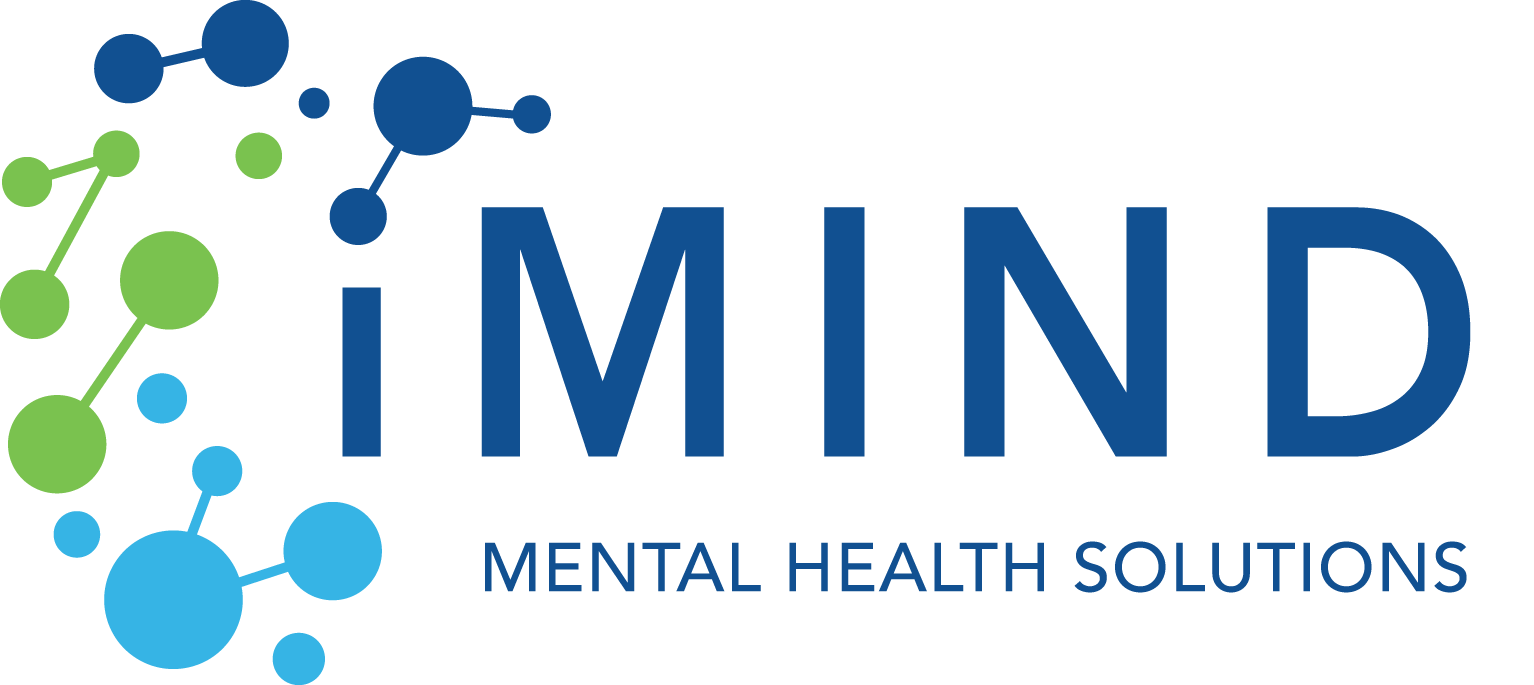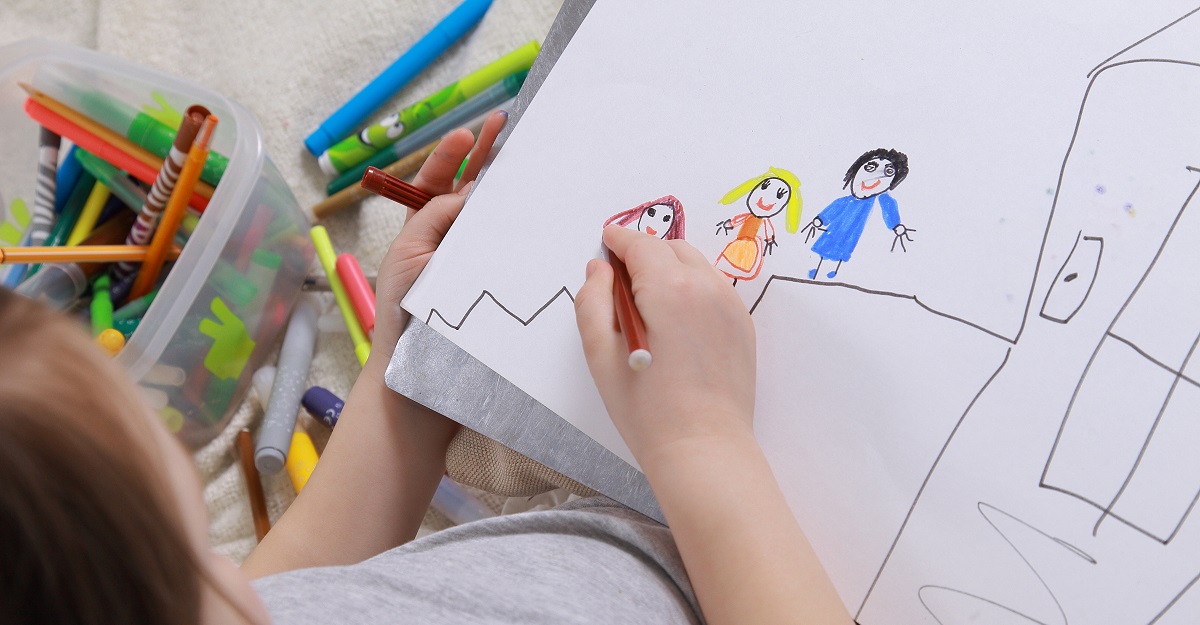Depression and Addiction: Two Very Close Friends
Published By Justin Baksh, LMHC, MCAP
March 14, 2022

Depression is a companion to addiction that is often overlooked. In fact, people rarely consider the two together, even though they go hand-in-hand. When we think about depression, we may conjure someone who is alone and sad. Yet, when we think about addiction, we may imagine a social butterfly – the life of the party who drinks too much.
Both assumptions are false. You can be depressed and feel alone while surrounded by people, and addiction is largely a hidden disease. Addiction and depression are also closely related.
Statistics tell the tale:
- About 50 percent of individuals struggling with addiction also have a mental health condition, according to many studies on the subject
- One in three (33 percent) of those struggling with addiction also have depression, according to the Anxiety and Depression Association of America
- 21 percent of those with depression also struggle with addiction, versus about 7 percent for the general population, according to the Department of Health and Human Services
How Depression Leads to Addiction
All of us can relate to feeling depressed. It’s a heaviness, a sadness, a lack of energy and desire to do the things we used to do.
The difference is that clinical depression persists and causes serious issues in several major areas of life. Sufferers find it hard to do the most basic of things, such as getting up in the morning and smiling at co-workers. It’s as if they are carrying a heavy weight around.
Addiction functions as self-medication to those with depression. It makes them feel better. It allows them to escape from those overwhelming feelings of sadness and despair. It is a brief escape… and that is where addiction comes in. The more the escape is sought, the less of an escape it is. In fact, it turns into something that controls you – something you cannot function without. It turns into an addiction.
The reality is that most people who struggle with addiction also struggle with a mental disorder. Most often, depression is that disorder, although any mental condition can increase the likelihood of addiction.
Why You Should Be Concerned About Addiction and Depression
At first, using substances to quell depression feels good. Users get relief. However, those pleasant feelings can disappear when addiction takes over. With continued use, substances can actually make depression worse. In fact, addiction can trigger a mental health condition.
Physically, withdrawal symptoms start to appear anytime you are away from the substance for too long. Changes to your brain enslave you to addiction, sending nearly irresistible cravings. Changes to your appearance happen as well, as hygiene starts to take a backseat to addiction.
Financially, an addiction can drain your bank account. As your body grows tolerant to each dose of your substance of choice, you need to increase it to get the same feeling as before. The amount you are spending will continue to grow.
You may also have encounters with the law for driving while intoxicated, possession, or a theft committed to get money to feed your addiction.
Jobs and relationships can also be lost to addiction. To the person who is addicted, all that matters is using or drinking. When performance at work slips, or when you lie to your friends and family (or, worse, steal from them), it can fracture your relationships and damage your reputation with your employer.
What Does It Take to Get Better?
Neither depression nor addiction can be reasoned with. They cannot be made to understand why they are not a good for you. You are going to have understand the ways they have taken over and take action to help yourself overcome them.
The good news is that depression and addiction are treatable
While you may not be a fan of getting treatment, the truth is that it works for most people who commit to it. With the help of expert therapists, medications and/or new treatments for depression and addiction, you can recover and keep your mental health in a good place. More good news: All of these options are continuing to become more accessible, thanks to online therapy and wider acceptance of new treatment methods.
Remember that you are a critical part of your recovery. You will need to be an active participant in it.
Depression and Addiction: Know Your Enemy
You can help yourself by first, understanding both conditions: Knowing your enemy is the key to beating it. It can only help you to learn about addiction and depression.
What came first? How long have you been dealing with each one? These and other questions can help get to the root of these conditions and determine how strong of a hold they have on you.
If you are ready to begin understanding your battles with depression and addiction, be sure to seek out a licensed, trained professional. Your sessions with them are confidential, and the opportunity they offer you is an amazing opportunity to hit the restart button. Studies show that treating one condition can improve the other one, so you can start there, if needed. Many qualified mental health professionals can and do treat both at once as well.
With the qualified therapeutic help, you can also uncover why you have developed depression and addiction. You will explore your past, family history, use history, and more under the guidance of a therapist.
Recovery is Real
Although recovery from addiction and depression may be always be part of your life, you can still achieve a healthy, happy existence. You can plan and reach your goals, excel at work, and build fulfilling relationships with others.
Addiction and depression may not disappear, but they can be managed. By applying the new knowledge you have gained from this journey, you can successfully do just that – and keep them from taking over again.
We all struggle daily with issues, whether it is an ongoing issue or a passing circumstance. With the added complications of depression and addiction, it is important to ensure you always have the right support in place. With that, there is no limit to what you can do.






